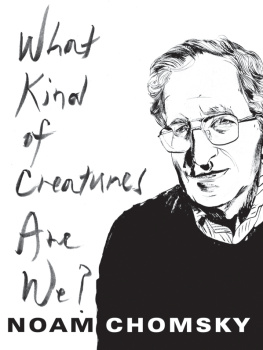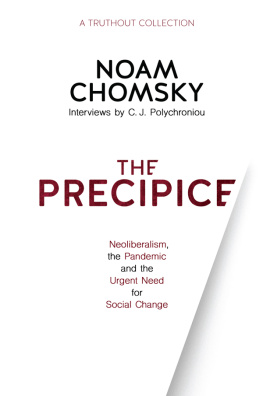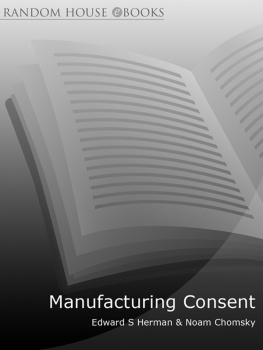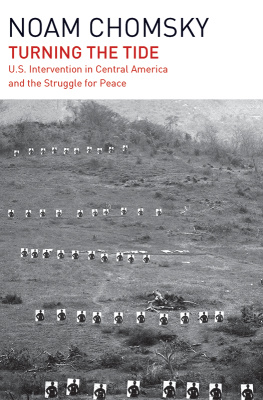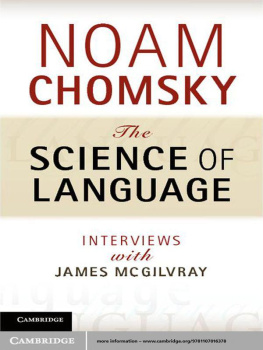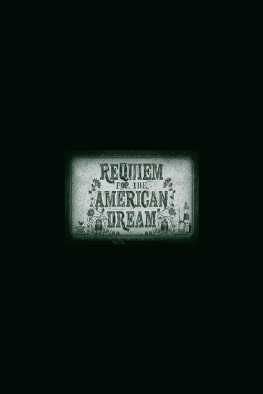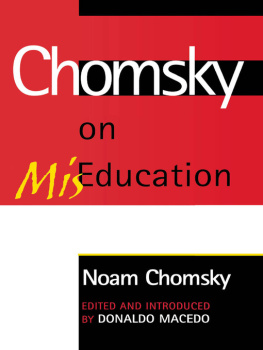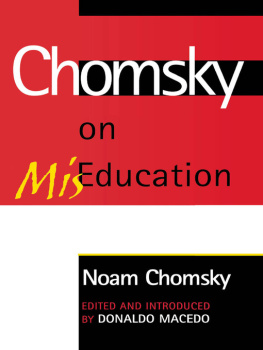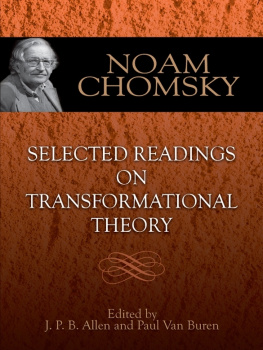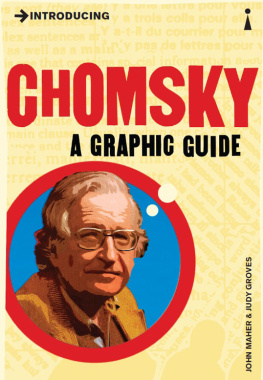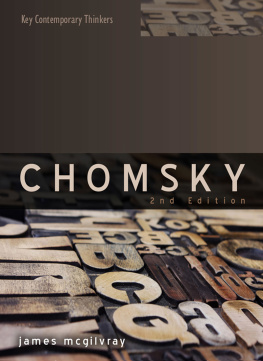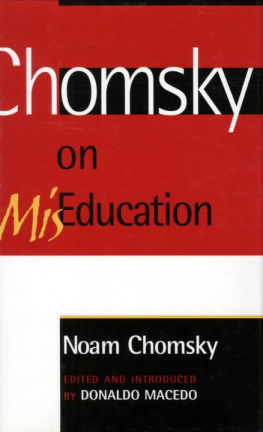WHAT KIND OF CREATURES ARE WE?
COLUMBIA THEMES IN PHILOSOPHY
COLUMBIA THEMES IN PHILOSOPHY
Series Editor
Akeel Bilgami, Johnsonian Professor of Philosophy, Columbia University
Columbia Themes in Philosophy is a new series with a broad and accomodating thematic reach as well as an ecumenical approach to the outdated disjunction between analytic and European philosophy. It is committed to an examination of key themes in new and startling ways and to the exploration of new topics in philosophy. All rights reserved
Edward Said, Humanism and Democratic Criticism
Michael Dummet, Truth and the Past
John Searle, Freedom and Neurobilogy: Reflections on Free Will, Language, and Political Power
Daniel herwitz and Michael Kelley, eds., Action, Art, History: Engagement with Arthur C. Danto
Michael Dummet, The Nature and Future of Philosophy
Jean Bricmont and Julie Franck, eds., Chomsky Notebook
Mario De Caro and David Macarthur, eds., Naturalism and Normativity
Alan Montefiore, A Philosophical retrospective: Facts, Values, and Jewish Identity
Thom Brooks and Martha C. Nussbaum, eds., Rawls Political Liberalsim
What Kind of CREATURES Are We?
NOAM CHOMSKY
Columbia University Press NEW YORK
COLUMBIA UNIVERSITY PRESS
Publishers Since 1893
NEW YORK CHICHESTER, WEST SUSSEX
cup.columbia.edu
Copyright 2016 Noam Chomsky
All rights reserved
E-ISBN 978-0-231-54092-6
Library of Congress Cataloging-in-Publication Data
Chomsky, Noam, author.
What kind of creatures are we?/Noam Chomsky.
pages cm. (Columbia Themes in Philosophy)
Includes bibliographical references and index.
ISBN 978-0-231-17596-8 (cloth : alk. paper)
ISBN 978-0-231-54092-6 (e-book)
1. Language and languagesPhilosophy. I. Title.
P106.c46 2016
401dc23
2015021707
A Columbia University Press E-book.
CUP would be pleased to hear about your reading experience with this e-book at .
COVER IMAGE: RICCARDO VECCHIO
COVER DESIGN : CHANG JAE LEE
References to websites (URLs) were accurate at the time of writing. Neither the author nor Columbia University Press is responsible for URLs that may have expired or changed since the manuscript was prepared.
CONTENTS
Akeel Bilgrami
THIS BOOK PRESENTS a lifetime of reflection by a scientist of language on the broader implications of his scientific work. The title of this volume, What Kind of Creatures Are We?, conveys just how broad the implications are meant to be. They cover an impressive range of fields: theoretical linguistics, cognitive science, philosophy of science, history of science, evolutionary biology, metaphysics, the theory of knowledge, the philosophy of language and mind, moral and political philosophy, and, even briefly, the ideal of human education.
presents, with clarity and precision, Noam Chomsky own basic ideas in theoretical linguistics and cognitive science (both fields in which he has played an absolutely central founding role), recording the progress achieved over the years but recording much more strenuously how tentatively those claims to progress must be made and how a very large amount of work remains to be done even in the most fundamental areas of study. Changes of mind over these years are also recorded, some of the most striking of which occurred only in the past decade or so.
The chapter begins by motivating the question its title announces, What Is Language? It behooves us to ask it because without being clear about what language is, not only will we not get the right answers to other questions about various specific aspects of language (perhaps cannot even correctly frame those specific questions), but we will not get close to investigating or even plausibly speculating about the biological basis and evolutionary origins of language.
A tradition that goes back to Galileo and Descartes recognized the most fundamental feature of language, which then got its most explicit articulation in Humboldt: Language is quite peculiarly confronted by an unending and truly boundless domain, the essence of all that can be thought. It must therefore make infinite employment of finite means, and is able to do so, through the power which produces identity of language and thought. Darwin, too, is cited as repeating this in a more elementary form in the context of evolutionary concerns about language: The lower animals differ from man solely in his almost infinitely larger power of associating together the most diversified sounds and ideas. It is worth noting that there are three fundamental features observed here by Humboldt and Darwin. First, the claim to an infinite power residing in a finite base; second, the link of ideas with sound; and third, the link of language with thought. All of them are gathered in what Chomsky declares at the outset as the Basic Property of language: [E]ach language provides an unbounded array of hierarchically structured expressions that receive interpretations at two interfaces, sensorimotor for externalization and conceptual-intentional for mental processes. The hierarchical-structural element speaks to the first feature; the sensorimotor interface, to the second feature; and the conceptual-intentional interface, to the third feature.
A different, more general, task is to discover the shared underlying features of all I-languages, which is determined again by the biological properties with which human beings are endowed (a theme whose wider significance for cognition in general is discussed again in ). This more general task is undertaken with a view to discovering the biological endowment that determines what generative systems can serve as I-languages. In other words, what are the possible human languages?
Chomsky then points out that as soon as the study of generative grammars addressing the Basic Property of language was seriously undertaken, some surprising puzzles emerged, with far-reaching implications. One is the structure dependence of linguistic operations: in all constructions, in all languages, these operations invariably rely on structural distance rather than on the computationally far simpler notion of linear distance. Language learners know this automatically, without instruction. There is support for this from evidence from experimental neuroscience and psychology. The result follows from the assumption that the order is simply not available to the operations that generate the structured expressions that are interpreted at the conceptual-intentional interface, for thought and organization of action. That follows, in turn, from the very natural assumption that I-languages are generative systems based on the most elementary computational operation, which is order-free. These and numerous other considerations provide substantial evidence that linear order is ancillary to language, not involved in core syntax and semantics. The same is true of the various external arrangements of sign language, which is now known to be remarkably like spoken language in its structure, acquisition, use, and even neural representation. Presumably, these external properties reflect conditions imposed by the sensorimotor system. The option of using linear order does not even arise for the language learner. Linear order and other arrangements are relevant to what is heardthat is, externalizednot to what is thought, which is interior.

